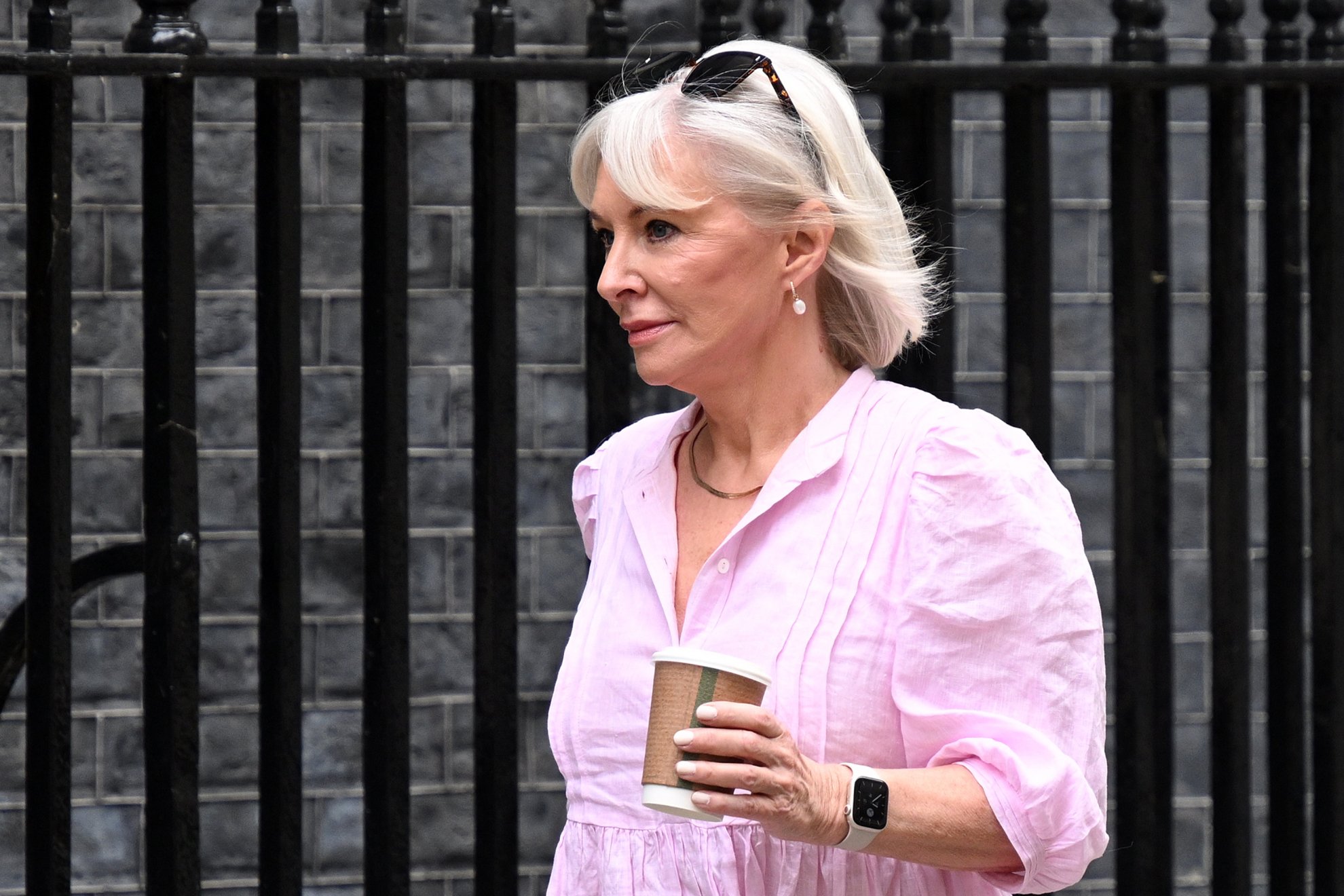
The UK government wants action on loot boxes in videogaming – but isn’t legislating to stop them just yet.
If you’ve not had the displeasure of a loot box on your videogaming travels, a brief explainer.
Definition one: there’s a load of virtual tat, of little use, designed to relieve you from your money.
Definition two: it’s basically a random box of in-game things you can buy/procure, such as new avatars, customisation options and items. You pay for them, without knowing exactly what you’re going to get.
Thing is, wherever you stand on them, there’s a growing feeling that they’re targeting younger gamers, who are looking to spend more and more on them. Inevitably, stories have bubbled up about such gamers spending lots of money on them, getting a questionable return. Also, concerns have been raised about whether it all amounts to some form of gambling.

Loot boxes have been sapping users of money and have even been likened to gambling
So far, the UK government has kept a light touch on loot boxes and left it to the industry to get its house in order. There are now clear signs that policy is changing.
Lord knows just how long Nadine Dorries is going to continue being the UK’s culture secretary, but at the moment, she’s there, and when she’s not stirring up stuff that she’s very good at stirring up, she’s threatening action. The government issued a call for evidence in 2020, and has now determined that “players who have purchased loot boxes may be more likely to experience gambling, mental health, financial and problem gaming-related harms. The risk may also be higher for children and young people”.
The government is now calling for the purchase of loot boxes to be made unavailable to young gamers, without parent or guardian consent. “Games companies and platforms need to do more to ensure that controls and age-restrictions are applied so that players are protected from the risk of gambling harms. Children should be free to enjoy gaming safely, whilst giving parents and guardians the peace of mind they need”, says Dorries.
Interestingly though, the sternly-worded announcement stops short of legislating. It looks like gaming companies are being given a little bit more rope to sort this out, and given the instability of the current government, they may try riding it out.
Wouldn’t be the wisest move though. This issue’s been bubbling up for some time now, and with the government looking to form a working group of games companies to get resolution, it feels like this is coming to a head, regardless of who wangles their way into Downing Street.
